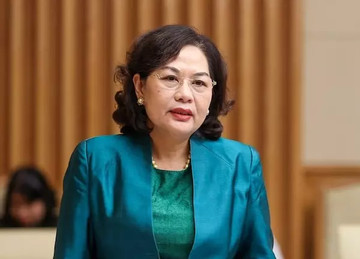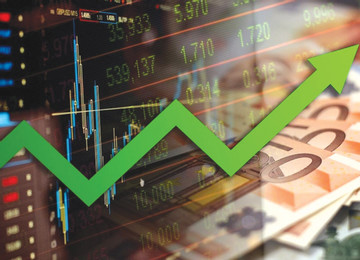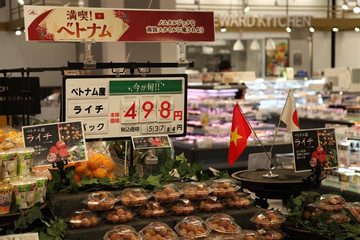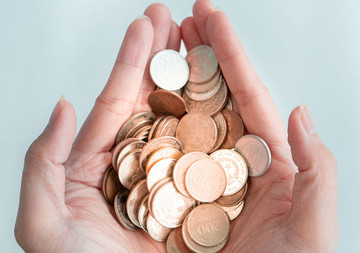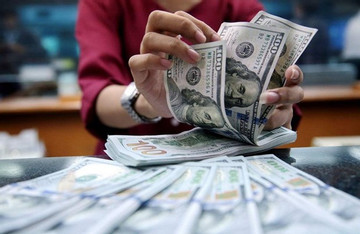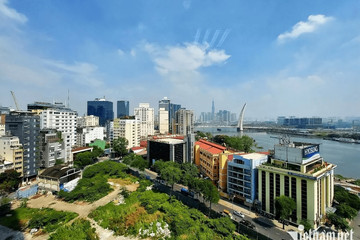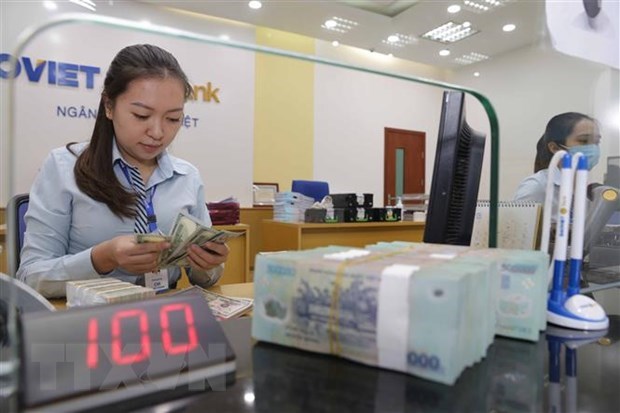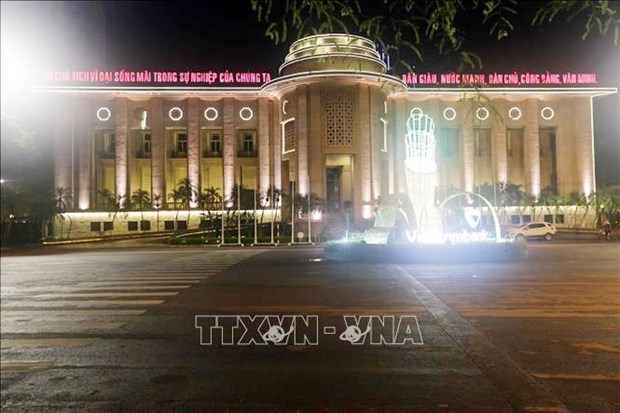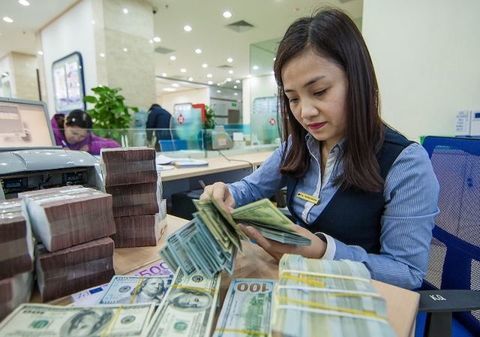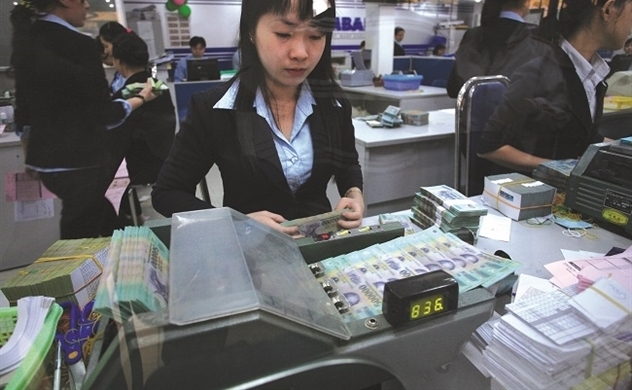- © Copyright of Vietnamnet Global.
- Tel: 024 3772 7988 Fax: (024) 37722734
- Email: [email protected]
monetary policy
Update news monetary policy
Curbing inflation: the optimal goal of monetary and fiscal policies
Monetary and fiscal policies have been tightened to fight inflation in Vietnam (though it is among the lowest in the world), instead of aiming to recover production and boost growth, which is needed after several years of pandemic.
Why are interest rates picking up?
The first half of the year saw interest rates edging up 0.5-1 percentage point against the end of last year. Liquidity in the banking system was blamed for interest rate hikes.
Importers, exporters impacted by exchange rate volatility
The recent fluctuations in the US dollar and Japanese yen have both positive and negative impacts on Vietnamese traders, according to experts of the Ministry of Industry and Trade (MoIT).
Why should credit growth quotas remain necessary?
The National Assembly has tabled the issue of gradually doing away with credit growth quotas, which has sparked controversy. Vietnam and China are among a few countries that still impose quotas on credit growth.
Curbing inflation: tightening monetary policy, raising interest rates
Many commercial banks continue raising deposit interest rates amid increasing pressure on inflation and monetary tightening.
Central bank stands ready to pump more foreign currencies to market: official
The State Bank of Vietnam will increase its interference in the foreign currency market and stay ready to pump money to the market more frequently.
US Treasury Department recognises VN progress in addressing currency-related concerns
The US Department of the Treasury has recognised the progress made by Vietnam in its recently released report on macro-economic and foreign exchange policies of major trading partners of the US, the State Bank of Vietnam (SBV) said on June 13.
Banks told to control lending for real estate projects
National Assembly deputies propose that there should be reasonable monetary policies to ensure the healthy development of the real estate market.
Currency approval boosts SBV policy
Reports from the US Treasury Department reaffirming that Vietnam is not manipulating its currency for trade advantage is expected to benefit the stock and banking system.
Loose monetary policy continues as 2021 is ticking away
The State Bank of Vietnam (SBV) is still intensifying the degree of monetary easing, even when many other countries have recently opted for doing just the opposite.
Liquidity increase from foreign currency flow
Deposits have decreased sharply in the State Bank of Vietnam, but liquidity is still in abundance. This could be attributed to credit growth this year which has recovered although it is still slow.
NA Chairman: fiscal policy plays leading role in harmonization with monetary policy
National Assembly Chair Vuong Dinh Hue has asked commercial banks to share difficulties with businesses, stressing that such support will also help themselves and that banks cannot have profits without businesses.
NA Deputy warns of property bubbles
State Bank of Vietnam Governor Nguyen Thi Hong has sent a document replying to Ha Sy Dong, a National Assembly Deputy from the central province of Quang Tri, who spoke about property bubbles at the first session of the 15th NA on July 25.
Priorities for economic recovery policies toward the end of 2021
In the first half of 2021, Vietnam in general achieved considerable growth targets in the context of a stable macro environment.
Central bank to keep proactive, flexible monetary policy
For the time ahead, the State Bank of Vietnam (SBV) will keep a proactive and flexible monetary policy basing on market developments and forecasts for the macro-economy, SBV Deputy Governor Dao Minh Tu told a meeting on April 22.
Flexible, cautious monetary policy management bears fruit
Vietnam’s economy was adversely affected by the COVID-19 pandemic in 2020, along with natural disasters and the impact of trade conflicts.
Fiscal, monetary policies to be more proactive, flexible
Fiscal and monetary tools and policies should be governed in a more proactive and flexible manner from now to year’s end in order to maintain macro-economic stability and boost growth,
Foreign currency market eases following central bank’s intervention
 The US dollar on Wednesday depreciated against the Vietnamese dong after the State Bank of Viet Nam (SBV) sold the greenback on the cheap to stabilise the local foreign exchange market.
The US dollar on Wednesday depreciated against the Vietnamese dong after the State Bank of Viet Nam (SBV) sold the greenback on the cheap to stabilise the local foreign exchange market.
Loosening monetary policy means ‘trying to extinguish fire with oil’
 Many experts believe that loosening the monetary policy won’t help much in the context of Covid-19, saying that it will do more harm than good.
Many experts believe that loosening the monetary policy won’t help much in the context of Covid-19, saying that it will do more harm than good.
Vietnam advised to ‘loosen monetary policy in cautious manner’
 Since the national economy this year is facing bigger challenges than last year, a looser monetary policy is needed, according to Nguyen Tri Hieu, a respected finance expert.
Since the national economy this year is facing bigger challenges than last year, a looser monetary policy is needed, according to Nguyen Tri Hieu, a respected finance expert.
